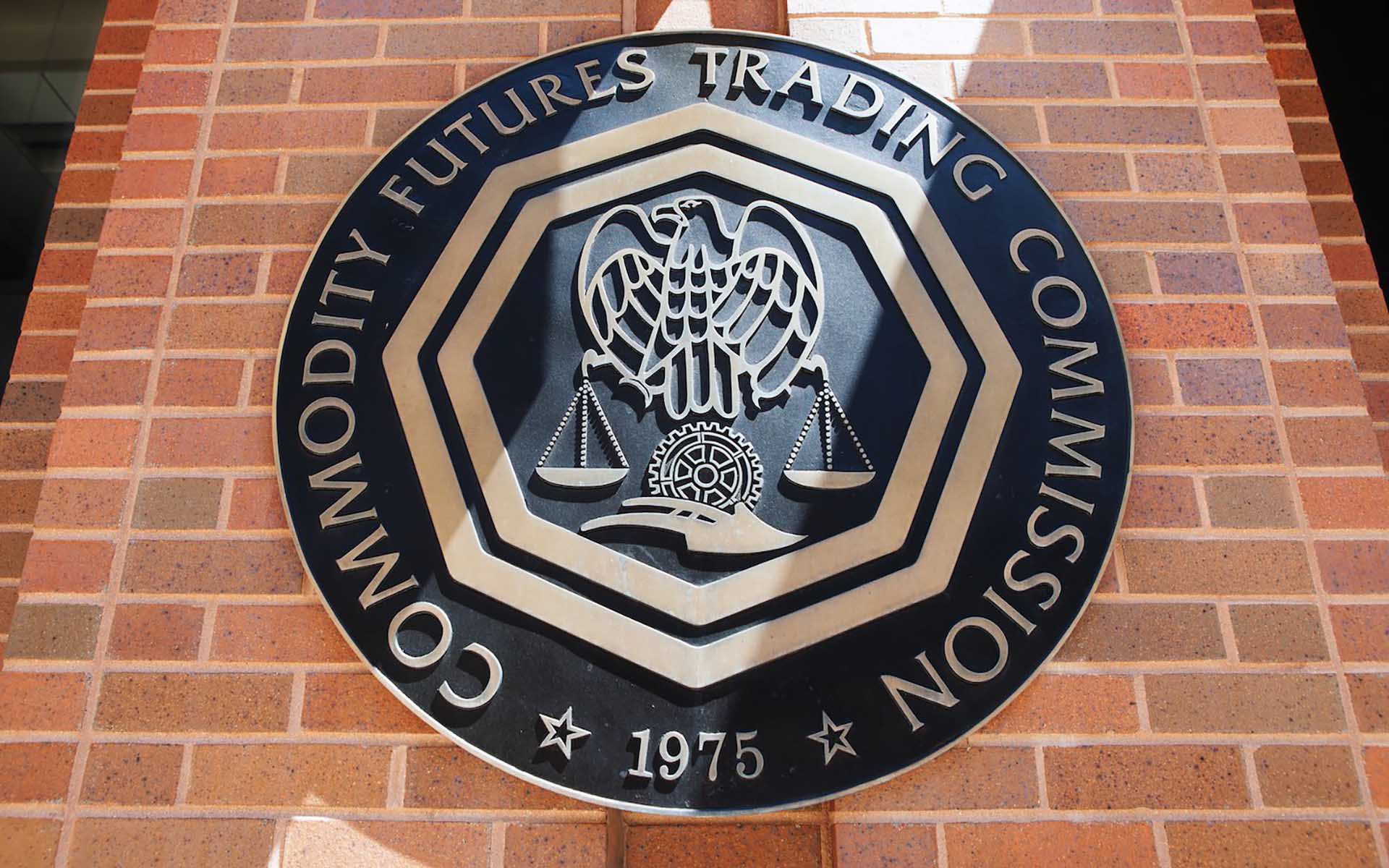CFTC Recovers $18 Million from Crypto Pyramid Scheme
05.09.2024 10:30 1 min. read Alexander Stefanov
The U.S. Commodity Futures Trading Commission (CFTC) has managed to recover $18 million in cryptocurrency connected to a fraudulent commodity pool scheme.
The scheme, run by Sam Ikkurty from Oregon, involved a fake “crypto hedge fund” that deceived investors. Ikkurty promised substantial profits but his fund’s value plummeted by nearly 99% within months—a fact he kept hidden.
The CFTC found that Ikkurty’s investments in high-risk digital assets contradicted his claims of expertise, which he had exaggerated. His actual experience was limited to losing his personal Bitcoin in a hack.
U.S. District Court Judge Mary Rowland has ruled that Ikkurty and his associates must pay $209 million, which includes around $84 million for restitution to victims, $37 million in restitution of illicit gains, and $110 million in civil penalties. Additionally, Ikkurty faces over $14 million in criminal contempt fines.
CFTC Enforcement Director Ian McGinley criticized the scheme, noting that despite being marketed as advanced crypto investments, it was essentially a classic pyramid scheme.
-
1
Shaquille O’Neal Agrees to $1.8M Settlement Over FTX Endorsement Lawsuit
15.06.2025 21:00 1 min. read -
2
Iran Limits Crypto Trading Hours After Politically Charged Hack on Nobitex
20.06.2025 11:00 1 min. read -
3
Whale Accumulates Curve Tokens Amid Market Lull
16.06.2025 11:00 1 min. read -
4
CoinMarketCap Potentially Compromised in Ongoing Front-End Attack
21.06.2025 10:00 1 min. read -
5
Crypto Investigator Links New Altcoin Project to $30M Scam
17.06.2025 18:00 1 min. read
Key U.S. Events to Watch This Week That Could Impact Crypto
The first week of July brings several important developments in the United States that could influence both traditional markets and the cryptocurrency sector.
Here Is How Your Crypto Portfolio Should Look Like According to Investment Manager
Ric Edelman, one of the most influential voices in personal finance, has radically revised his stance on crypto allocation. After years of cautious optimism, he now believes that digital assets deserve a far larger share in investment portfolios than ever before.
GENIUS Act Could Reshape Legal Battle over TerraUSD and LUNA Tokens
In the case involving Terraform Labs and its co-founder Do Hyeong Kwon, the defense has asked the Federal Court for the Southern District of New York to extend the deadline for pretrial filings by two weeks, pushing it beyond the original date of July 1, 2025.
Coinbase Surges 43% in June, Tops S&P 500 After Regulatory Wins and Partnerships
Coinbase has emerged as the best-performing stock in the S&P 500 for June, climbing 43% amid a surge of bullish momentum driven by regulatory clarity, product innovation, and deeper institutional interest in crypto.
-
1
Shaquille O’Neal Agrees to $1.8M Settlement Over FTX Endorsement Lawsuit
15.06.2025 21:00 1 min. read -
2
Iran Limits Crypto Trading Hours After Politically Charged Hack on Nobitex
20.06.2025 11:00 1 min. read -
3
Whale Accumulates Curve Tokens Amid Market Lull
16.06.2025 11:00 1 min. read -
4
CoinMarketCap Potentially Compromised in Ongoing Front-End Attack
21.06.2025 10:00 1 min. read -
5
Crypto Investigator Links New Altcoin Project to $30M Scam
17.06.2025 18:00 1 min. read

